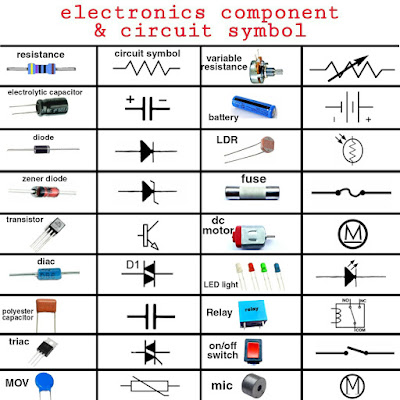Calculators
The Unsung Hero of Mathematics:
The Calculator
Introduction:
In a world dominated by smartphones and high-tech gadgets, one humble device often goes unnoticed but plays a crucial role in our everyday lives – the calculator. Whether you're a student tackling complex math problems or an adult trying to manage your finances, the calculator is a trusty companion that simplifies numerical tasks. In this blog post, we'll delve into the history, evolution, and importance of this unsung hero of mathematics.
The Evolution of Calculators:
The concept of calculation aids dates back centuries, with ancient abacuses and slide rules serving as precursors to the modern calculator. However, it was in the 1960s that electronic calculators made their debut. These early models were bulky, expensive, and had limited functionality compared to today's sleek, pocket-sized counterparts. Over the decades, calculators evolved rapidly, incorporating features like scientific functions, graphing capabilities, and programmable functions. Today, calculators are available in various forms, from basic handheld models to sophisticated software applications.
The Importance of Calculators:
1. Education: For students of all ages, calculators are invaluable tools. They simplify mathematical operations, allowing learners to focus on understanding concepts rather than getting bogged down in tedious calculations. Scientific and graphing calculators are particularly useful for students studying advanced mathematics and sciences.
2. Professional Use: Beyond the classroom, calculators are essential in numerous professions. Engineers, scientists, accountants, and many other professionals rely on calculators for tasks ranging from data analysis to financial planning. Specialized calculators cater to the unique needs of these fields.
3. Financial Management: Calculators play a vital role in personal finance. From budgeting and savings calculations to mortgage and loan payments, these devices help individuals make informed financial decisions and plan for their futures.
4. Time Efficiency: Calculators are time-savers. They complete calculations swiftly and accurately, reducing the risk of errors that can occur with manual computation. This time efficiency is especially critical in fast-paced work environments.
5. Problem Solving: Whether you're solving equations, converting units, or tackling statistical analysis, calculators provide the necessary computational power to find solutions efficiently.
Conclusion:
In a world where technology continues to advance at breakneck speed, the calculator stands as a testament to the enduring importance of simple, reliable tools. From its humble beginnings as a basic adding machine to the sophisticated devices we use today, the calculator has come a long way, supporting education, professionals, and everyday tasks. So, the next time you reach for your calculator, take a moment to appreciate the convenience it brings to your life and the fascinating journey of innovation behind this unsung hero of mathematics.
Calculators link
The links of all types of electronic related calculators like resistance color code calculator, capacitor value calculator, power factor calculator etc. are given in the list below.
2.Resistor color code calculator










Comments